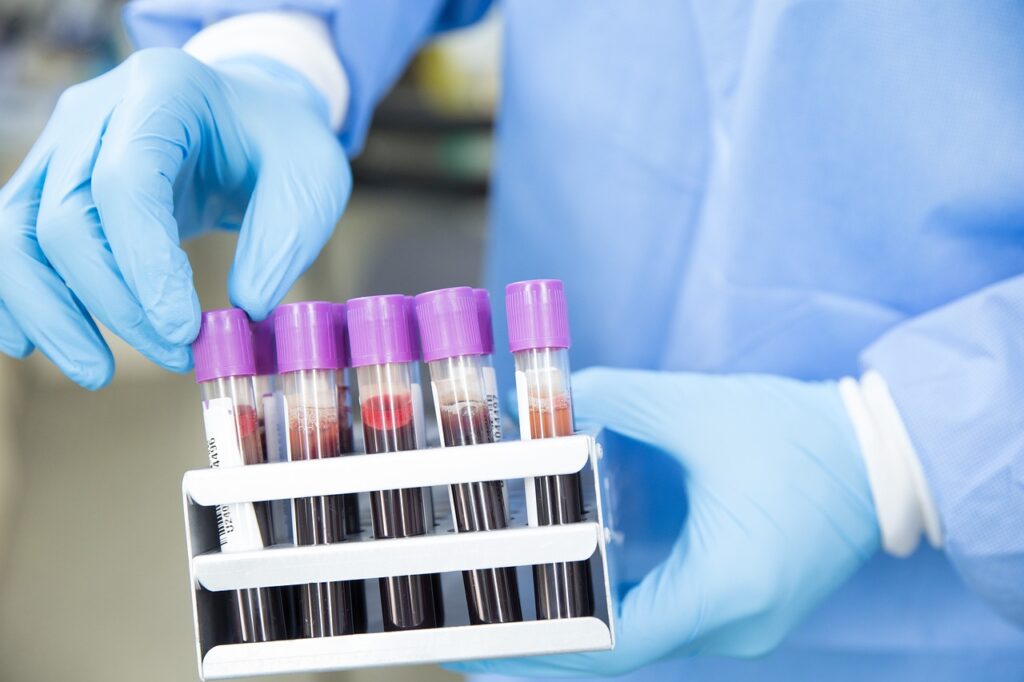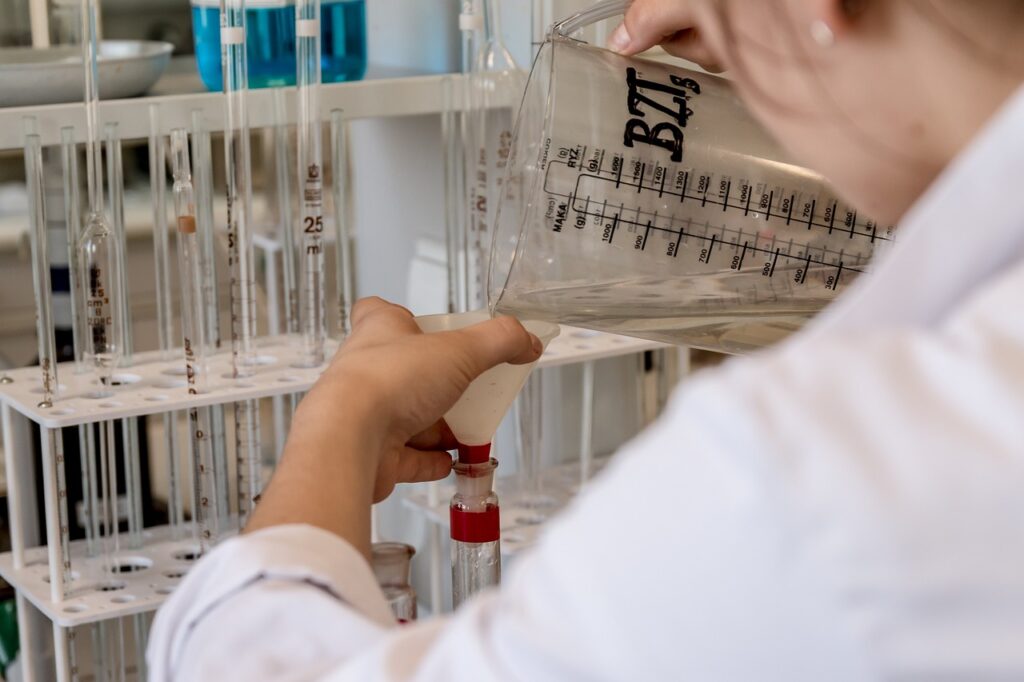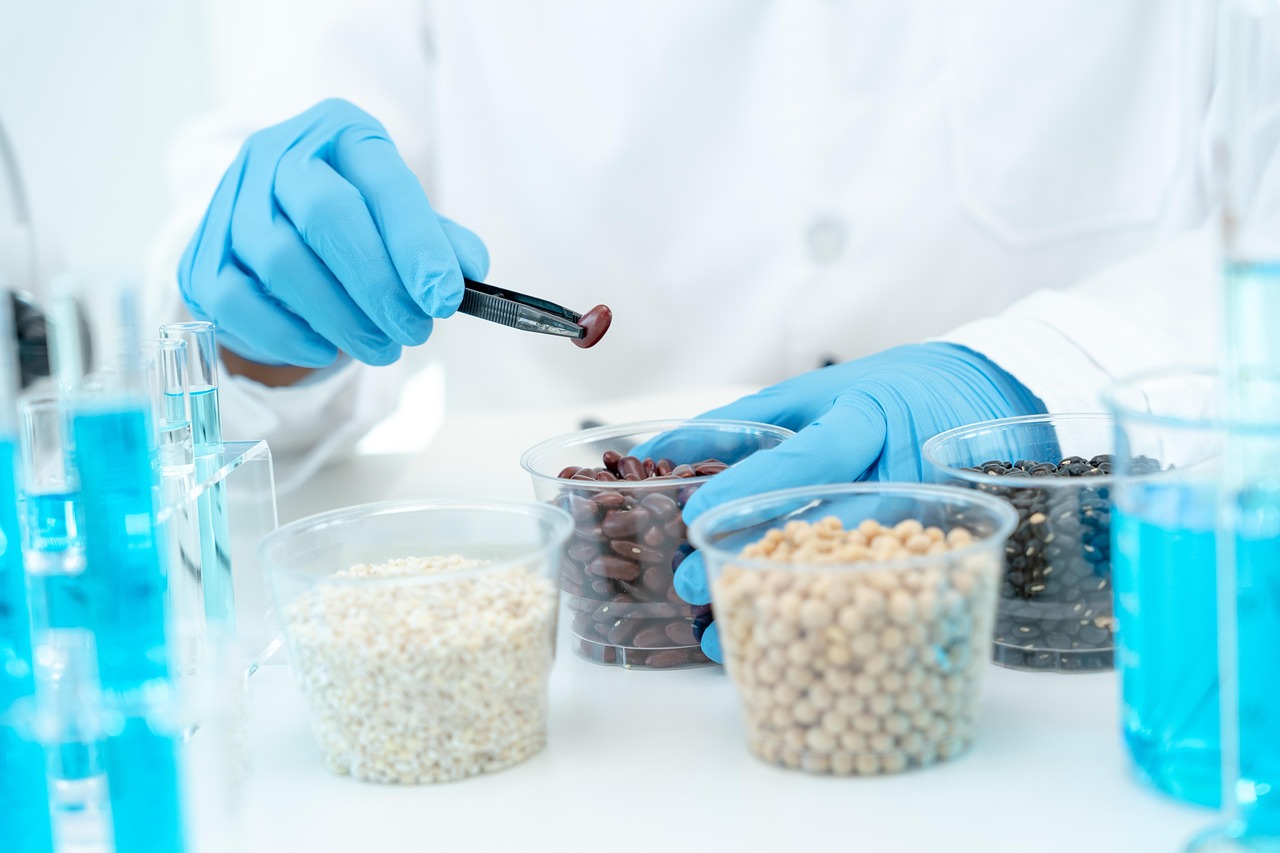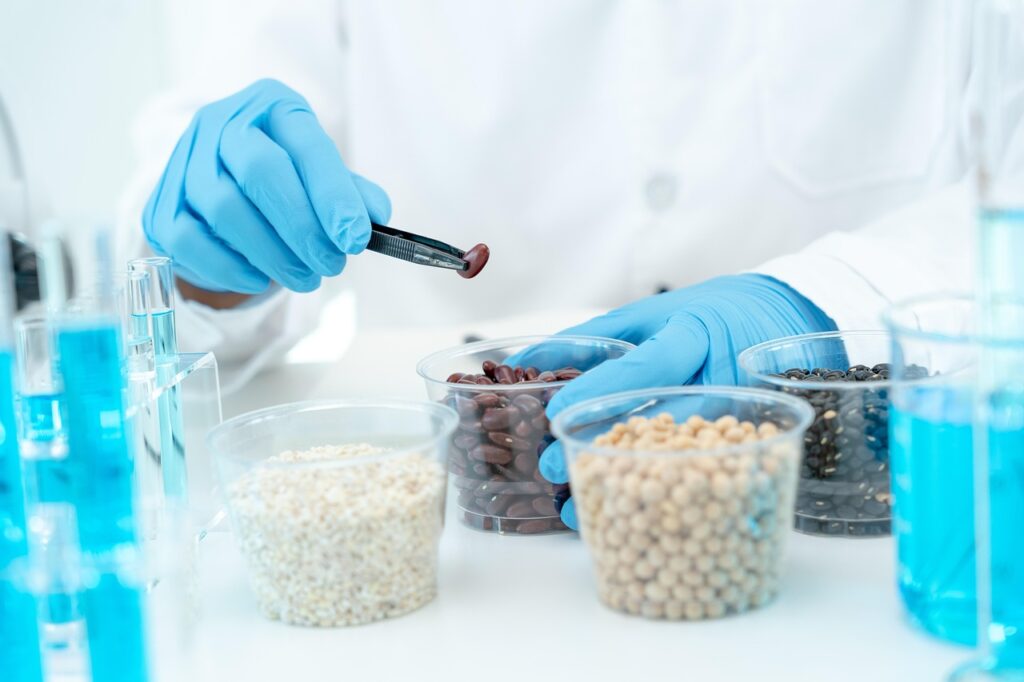India, known for its wide variety of cuisines, has become a major force in the world food market. As food production and consumption have increased, it is now crucial to ensure food safety and quality. Food Testing in India is an essential tool for addressing safety issues, guaranteeing adherence to legal requirements, and protecting the general public’s health.
Understanding Food Testing
Food testing entails a comprehensive scientific evaluation of food items to ascertain their quality, safety, and compliance with set requirements. Physical, chemical, microbiological, and nutritional studies are among the tests used in this process to find contaminants, adulterants, and dangerous materials. Food testing in India has expanded dramatically and is now a crucial component of the food supply chain due to growing consumer awareness and government requirements.
The Growing Food Industry in India
Urbanization, population growth, and the rising demand for processed and packaged foods are all contributing factors to India’s food industry’s impressive progress. The sector is expected to grow to one of the biggest in the world by 2025, with a market value of USD 535 billion. This extraordinary expansion emphasizes how crucial it is to guarantee that food items fulfill strict safety and quality requirements.
In particular, processed and packaged foods have become very popular. However, careful testing is frequently necessary to guarantee safety due to their lengthy shelf life, complex production procedures, and usage of additives. Food testing is even more important because of the growing export of Indian food items, which necessitates rigorous adherence to international norms.
Importance of Food Testing for Health and Safety
Millions of people worldwide suffer from foodborne infections, which are a serious public health concern. From minor gastrointestinal discomfort to severe, life-threatening illnesses, tainted food can cause major health concerns in India. By detecting dangerous pollutants, pesticides, heavy metals, and microbiological infections that can endanger health, food testing serves as the first line of protection.
Furthermore, food testing aids in identifying dangerous practices including the use of artificial additives, unsafe coloring agents, and inferior ingredients, as food adulteration is becoming more common in India. This guarantees that the highest-quality, hygienic, and safe food products reach customers.
Consumer Awareness and Its Impact on Food Testing
Indian consumers have been more mindful of their diet in recent years. Transparency is becoming more and more important as health-conscious eating, the demand for organic food, and label inspection increase. Nowadays, people prioritize sustainability, safety, and nutrition over taste and cost. This change in perspective has compelled food producers to implement stringent testing procedures in order to win over customers and maintain their competitiveness in the market.

The Role of Innovation in Food Testing
In India, food testing is being revolutionized by technology. Modern methods including mass spectrometry, gas chromatography, and real-time PCR (Polymerase Chain Reaction) have improved test results’ precision and dependability. The food supply chain’s traceability and monitoring are being further improved by the combination of blockchain technology and artificial intelligence (AI).
AI-powered solutions can automate testing procedures, increasing their speed and efficiency, and forecasting possible contamination hazards. Contrarily, blockchain guarantees transparency by offering an unchangeable record of food production, distribution, and storage. These developments are laying the groundwork for a food sector that is safer and more responsible.
Challenges in Food Testing
Although most people agree that food testing is important, the sector nevertheless confronts many obstacles. Small-scale food producers frequently face obstacles due to inadequate infrastructure, particularly in rural regions, and the high expense of testing. Additionally, efforts to comply are hampered by certain stakeholders’ ignorance of and lack of education regarding food safety regulations.
A multifaceted strategy is needed to address these issues, including government action, testing service subsidies, and awareness efforts aimed at consumers and producers. Better coverage and efficiency in food testing can be ensured by bridging current gaps through infrastructure investment and cooperation with private parties.
Government Initiatives and Future Prospects
To encourage food safety, the Indian government has launched a number of programs under the Food Safety and Standards Authority of India (FSSAI). Testing facilities are now more accessible because of the creation of a network of accredited testing labs and the introduction of mobile testing labs. The goal of initiatives like the Eat Right India Movement is to inform stakeholders and consumers about safe and healthful eating habits.
Food testing in India has a bright future. Stricter quality inspections will become more and more necessary as e-commerce platforms proliferate and the demand for natural and organic products rises. A strong food safety ecosystem will be made possible by new technologies, knowledgeable experts, and joint public-private sector initiatives.
Government Initiatives and Future Prospects
To encourage food safety, the Indian government has launched a number of programs under the Food Safety and Standards Authority of India (FSSAI). Testing facilities are now more accessible because of the creation of a network of accredited testing labs and the introduction of mobile testing labs. The goal of initiatives like the Eat Right India Movement is to inform stakeholders and consumers about safe and healthful eating habits.
Food testing in India has a bright future. Stricter quality inspections will become more and more necessary as e-commerce platforms proliferate and the demand for natural and organic products rises. A strong food safety ecosystem will be made possible by new technologies, knowledgeable experts, and joint public-private sector initiatives.
Conclusion
Food testing is essential to ensuring safety and quality in the quickly growing food business. In India, food testing is essential for consumer confidence and public health, and it is required by law. India can become a global leader in the food sector and improve its infrastructure for food safety by embracing technology breakthroughs and tackling present issues.
The future of India’s food business is greatly influenced by food testing, whether the goal is to promote international trade, ensure compliance, or boost consumer confidence. Together, we can make sure that India’s expanding food industry continues to be a source of economic progress, safety, and pride for many years to come.











